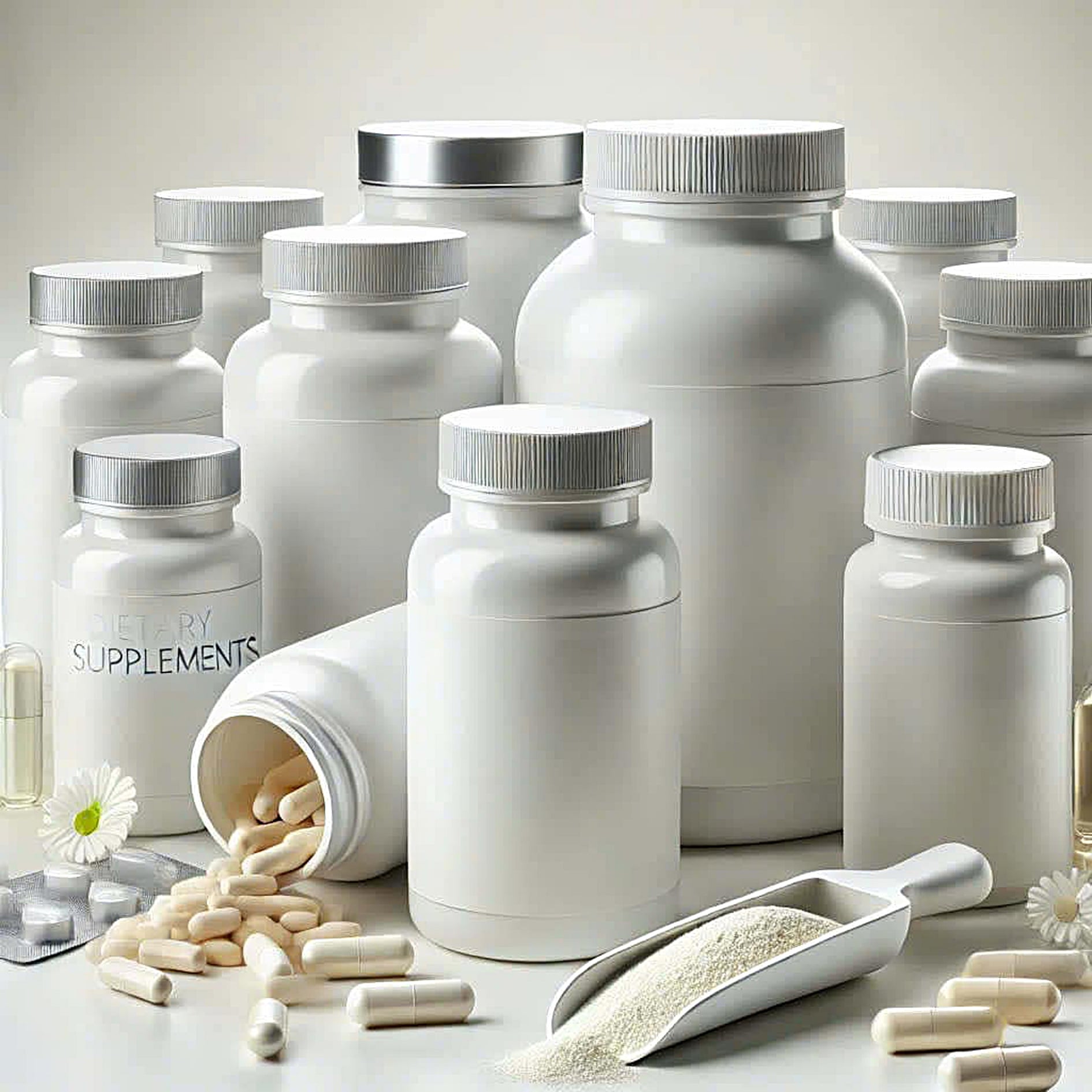Many people buy and use dietary supplements based on the effects stated on the packaging or advertisements without checking the ingredients.

The Ministry of Health advises that dietary supplements are not medicines and have no therapeutic effect - Photo: Food Safety Administration
According to Dr. Nguyen Huy Hoang, there are currently nine common types of functional foods: vitamin and mineral supplements; immune boosters; weight loss/body shaping supplements; beauty supplements; bone and joint supplements; cardiovascular supplements; sleep and nervous system supplements; digestive health supplements; and liver support supplements.
Many people currently buy products based on the uses stated on the packaging or advertisements without checking the ingredients. This often results in products not delivering the expected results because some products do not contain sufficient amounts of the necessary ingredients.
In addition, consumers may use supplements in excess or in excessive doses. For example, taking both a multivitamin and a separate vitamin C supplement can lead to an overdose. Or, using them incorrectly can cause side effects, such as taking calcium without supplementing with vitamin D, which may not be effective.
Therefore, Dr. Hoang advises consumers to identify the following basic information:
1. Product name (ensure there is no confusion between dietary supplements and medicines (dietary supplements do not have a curative effect)) and dosage form (tablets, capsules, powder, solution, etc., to suit the intended use).
2. Read the product ingredients carefully, paying attention to the main active ingredient and checking if the amount meets the daily recommended intake. Also, be aware of secondary ingredients, including preservatives, flavorings, and food coloring. Avoid ingredients that may cause allergies (soy, gluten, lactose, etc.) or harmful substances (lead, arsenic).
3. Dosage and usage instructions should be carefully reviewed according to the manufacturer's recommendations; do not increase the dose on your own to avoid poisoning. Children, pregnant women, and people with chronic illnesses should consult a doctor.
4. Check the manufacturer's information. This includes the manufacturer/importer/distributor, prioritizing products from reputable companies with clear addresses. Check certifications: look for certifications such as GMP, ISO, HACCP, or those licensed by the Ministry of Health . You can also check the barcode or QR code to verify product information.
5. Finally, check the product's expiration date to avoid buying products that are close to expiring or have damaged packaging.
Source: https://tuoitre.vn/cach-doc-nhan-dan-thuc-pham-chuc-nang-2025031623351144.htm







![[Photo] National Assembly Chairman Tran Thanh Man meets with General Secretary and President of Laos Thongloun Sisoulith](/_next/image?url=https%3A%2F%2Fvphoto.vietnam.vn%2Fthumb%2F1200x675%2Fvietnam%2Fresource%2FIMAGE%2F2026%2F01%2F26%2F1769424443676_ndo_br_bnd-2007-jpg.webp&w=3840&q=75)


















































































![OCOP during Tet season: [Part 1] Ba Den custard apples in their 'golden season'](/_next/image?url=https%3A%2F%2Fvphoto.vietnam.vn%2Fthumb%2F402x226%2Fvietnam%2Fresource%2FIMAGE%2F2026%2F01%2F26%2F1769417540049_03-174213_554-154843.jpeg&w=3840&q=75)












Comment (0)